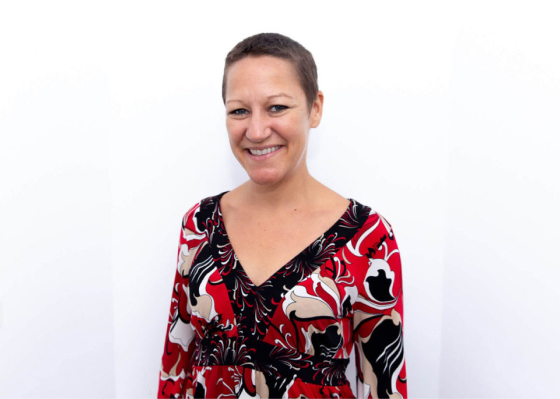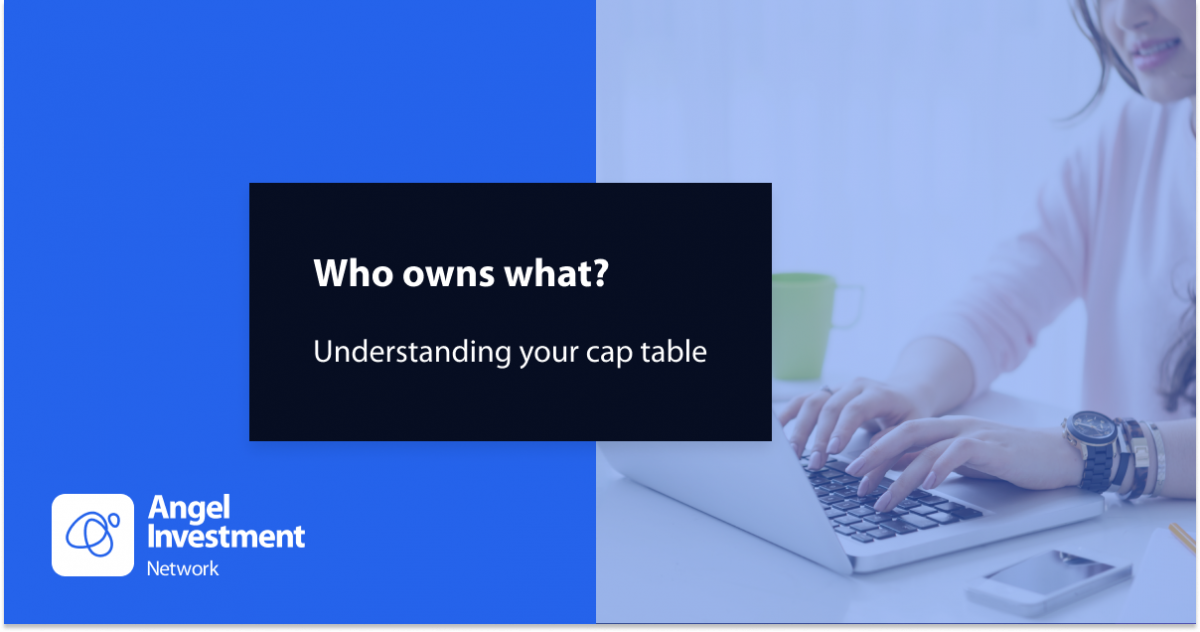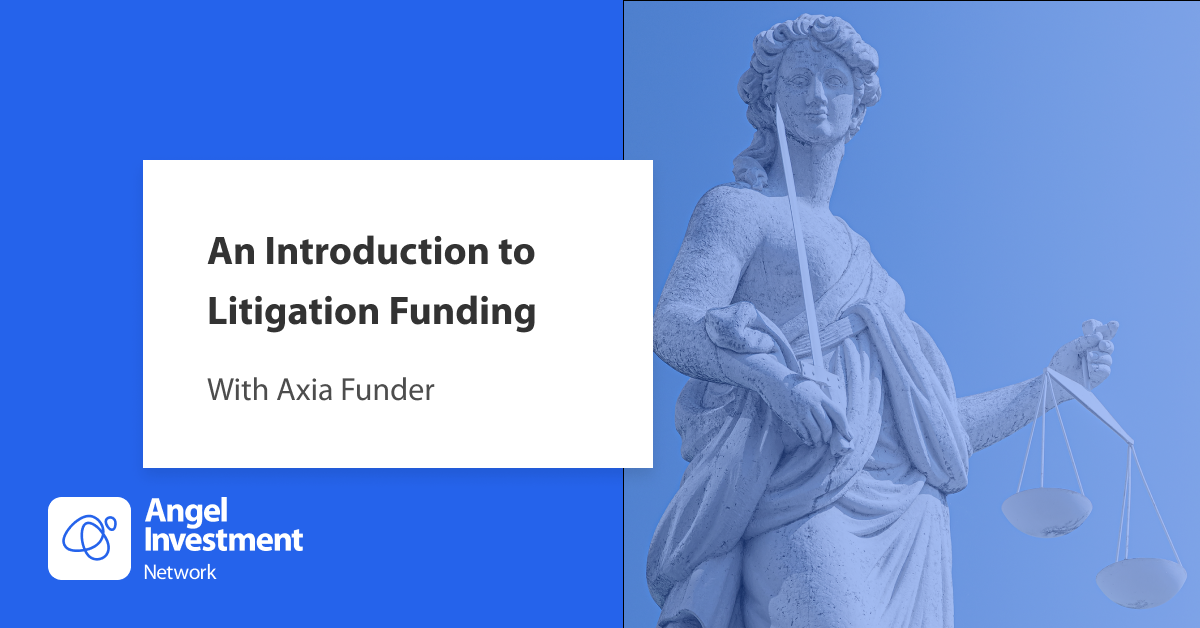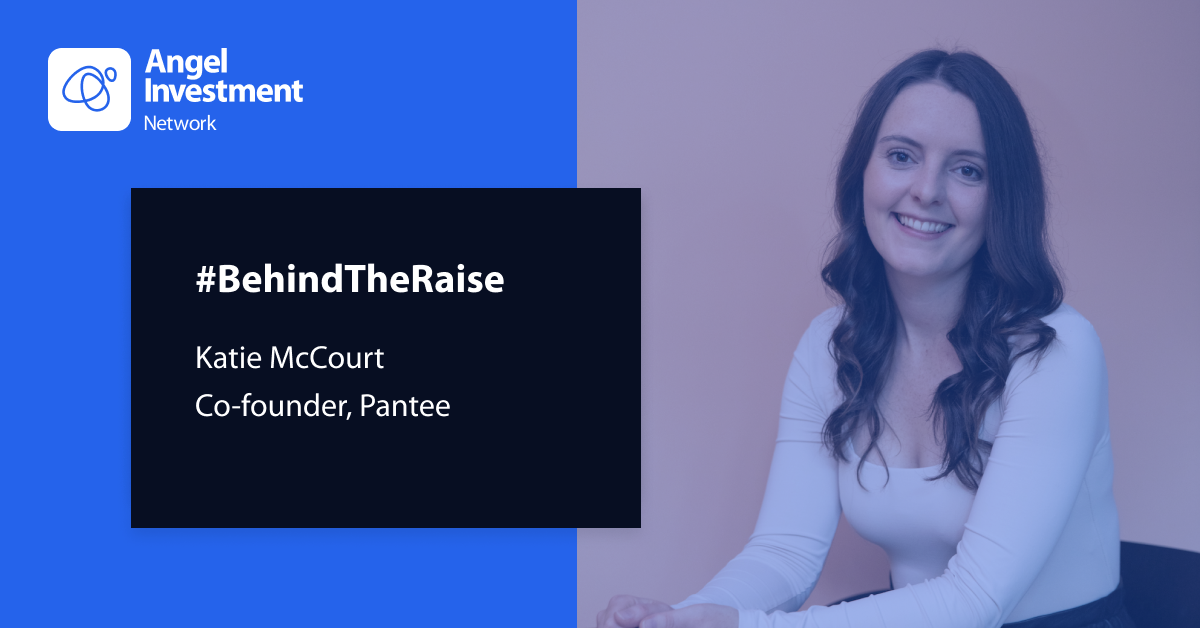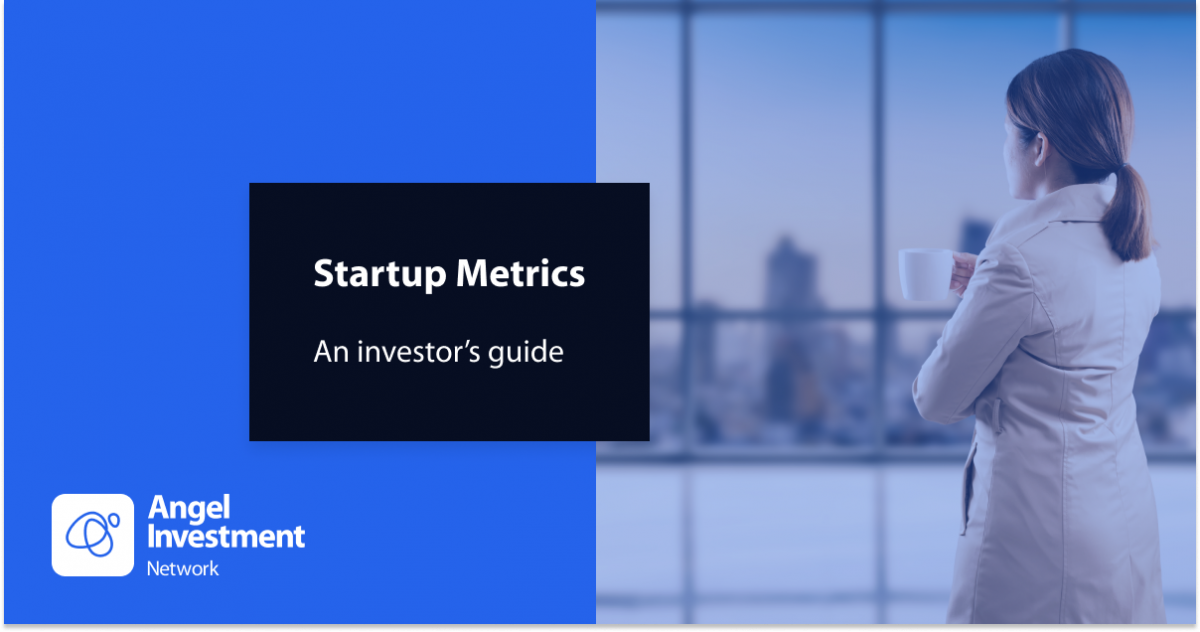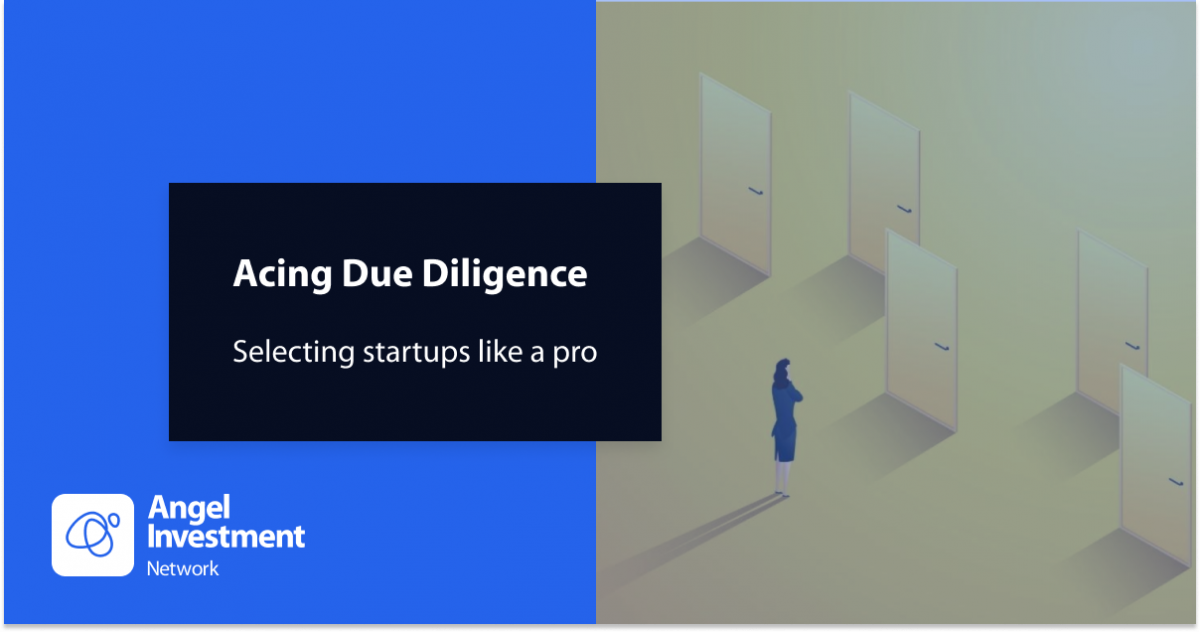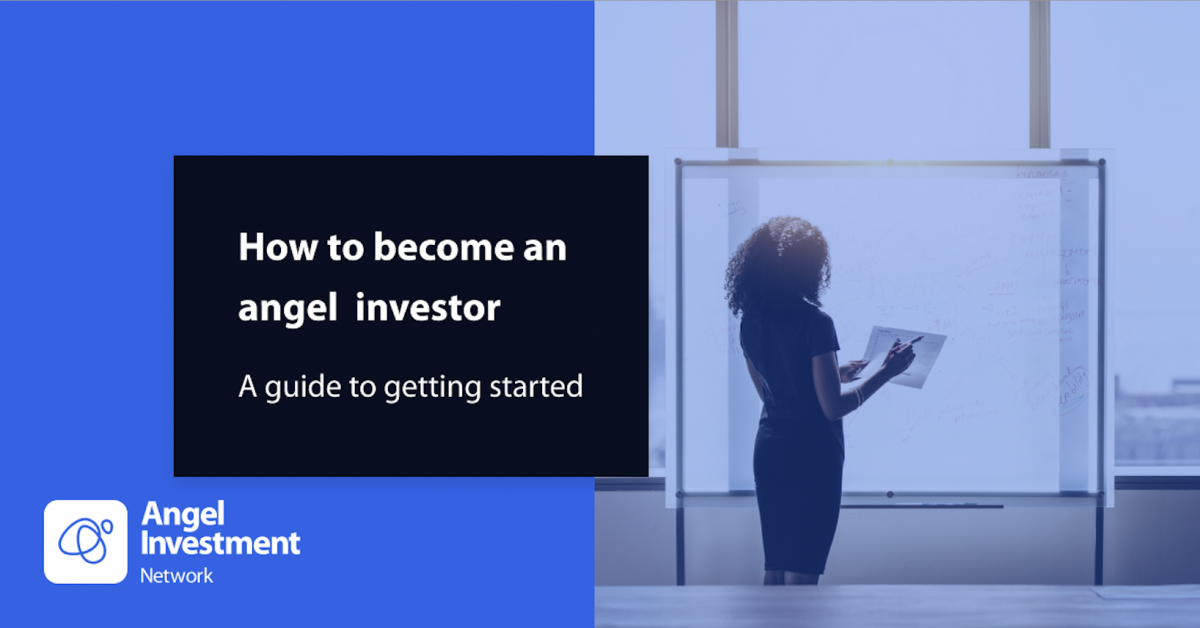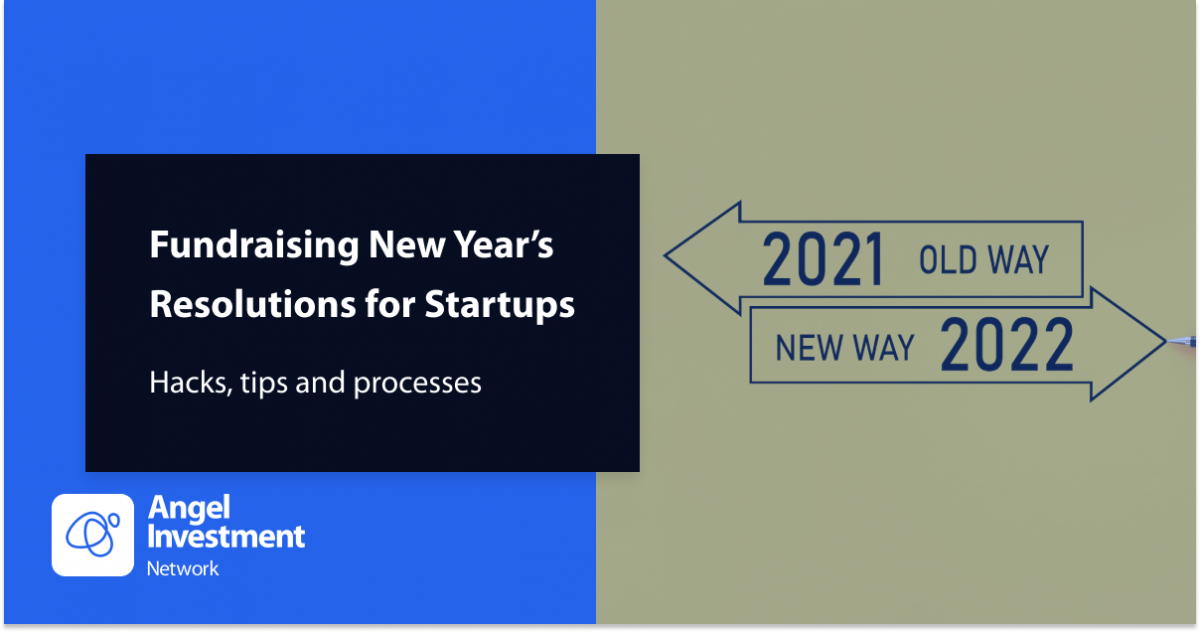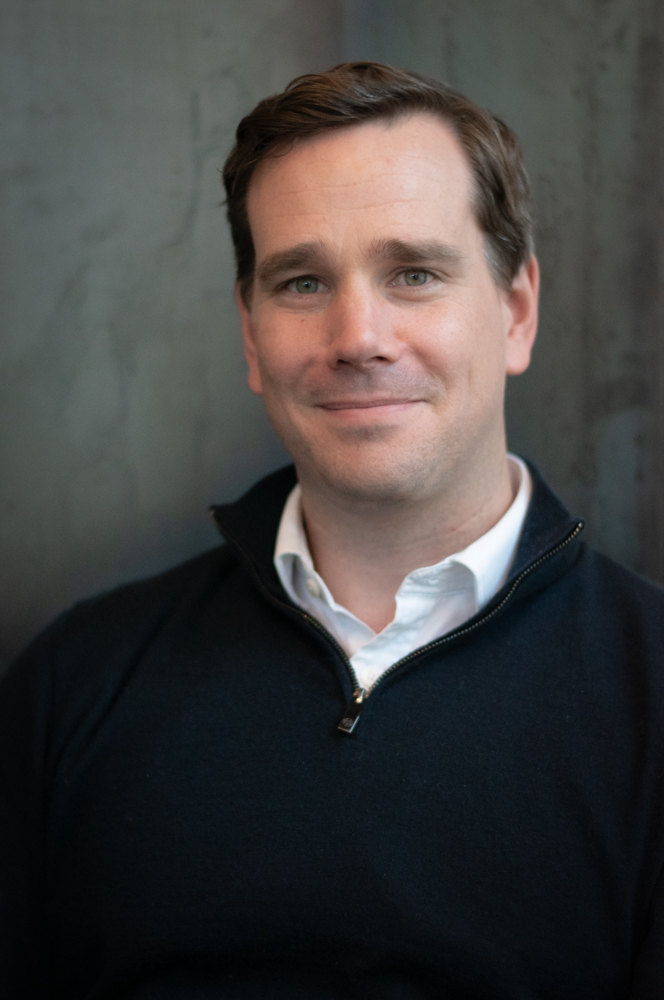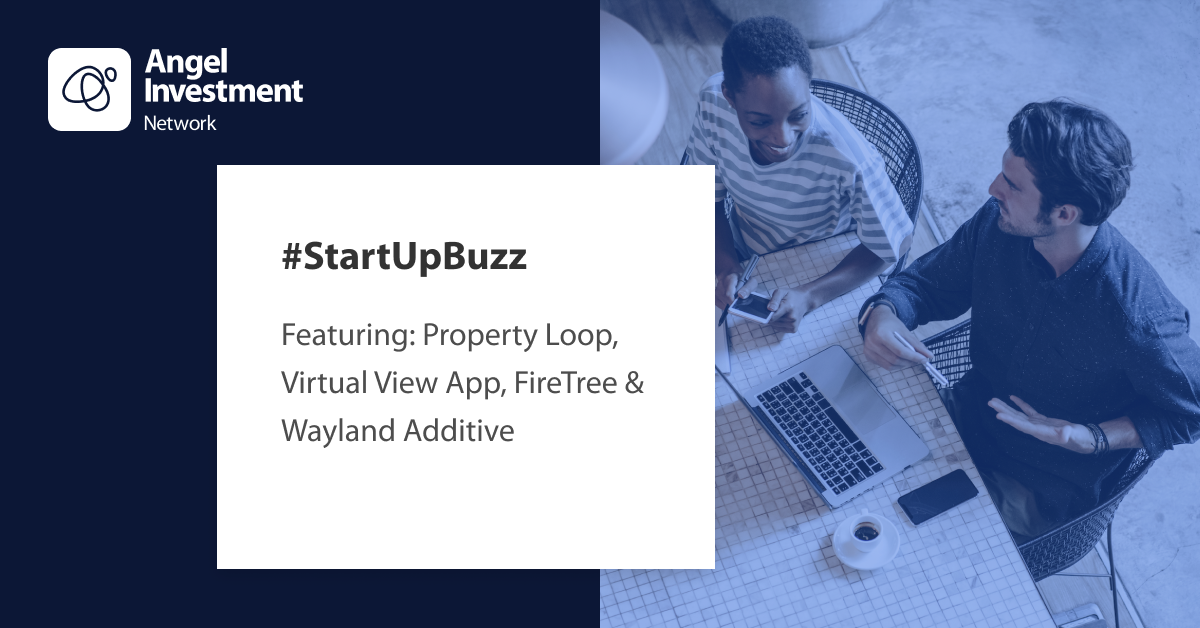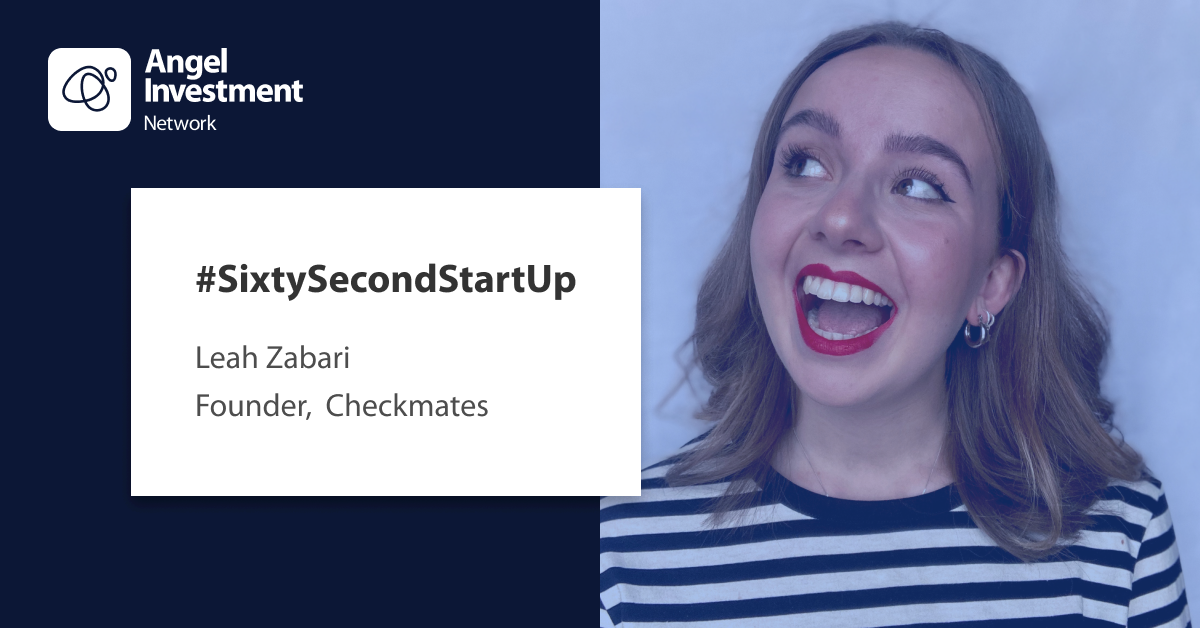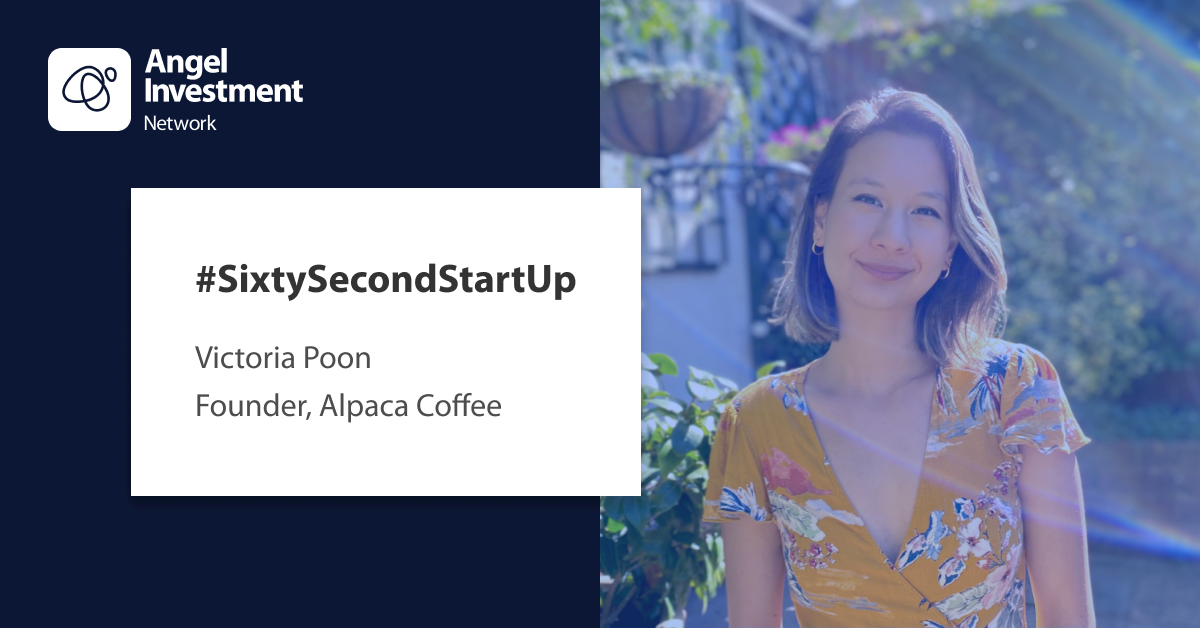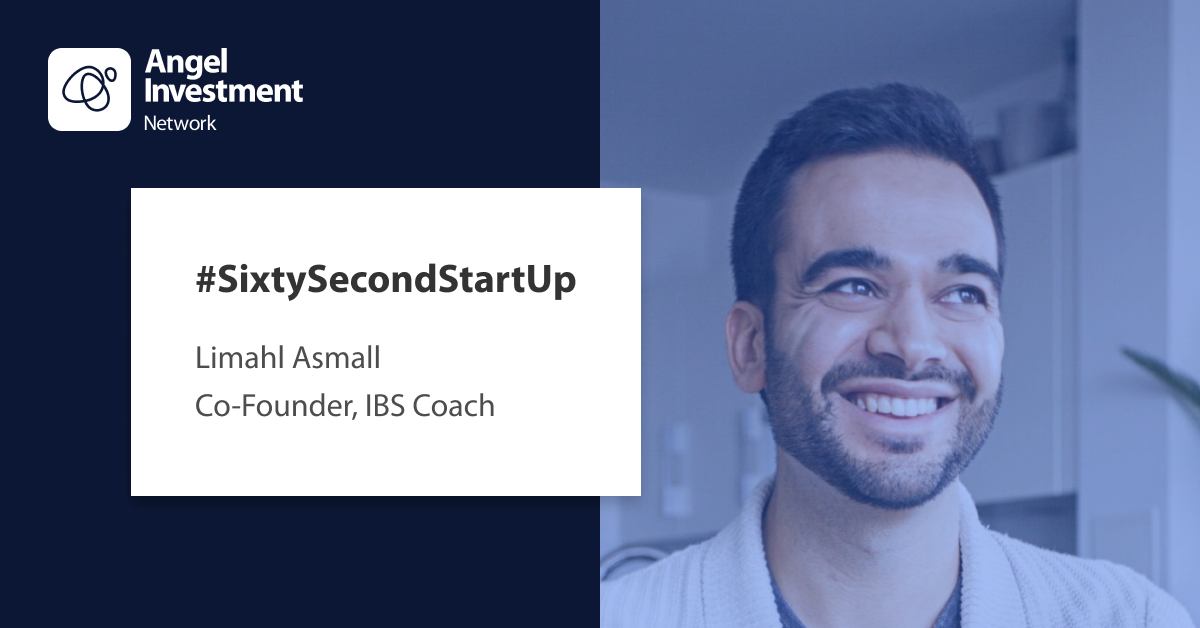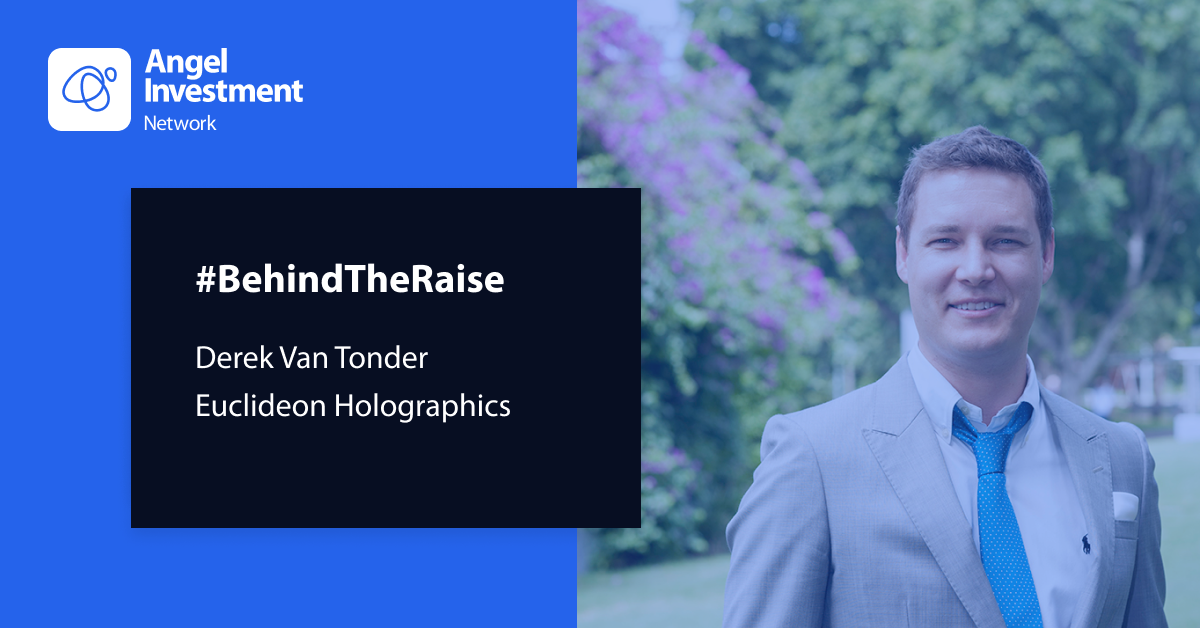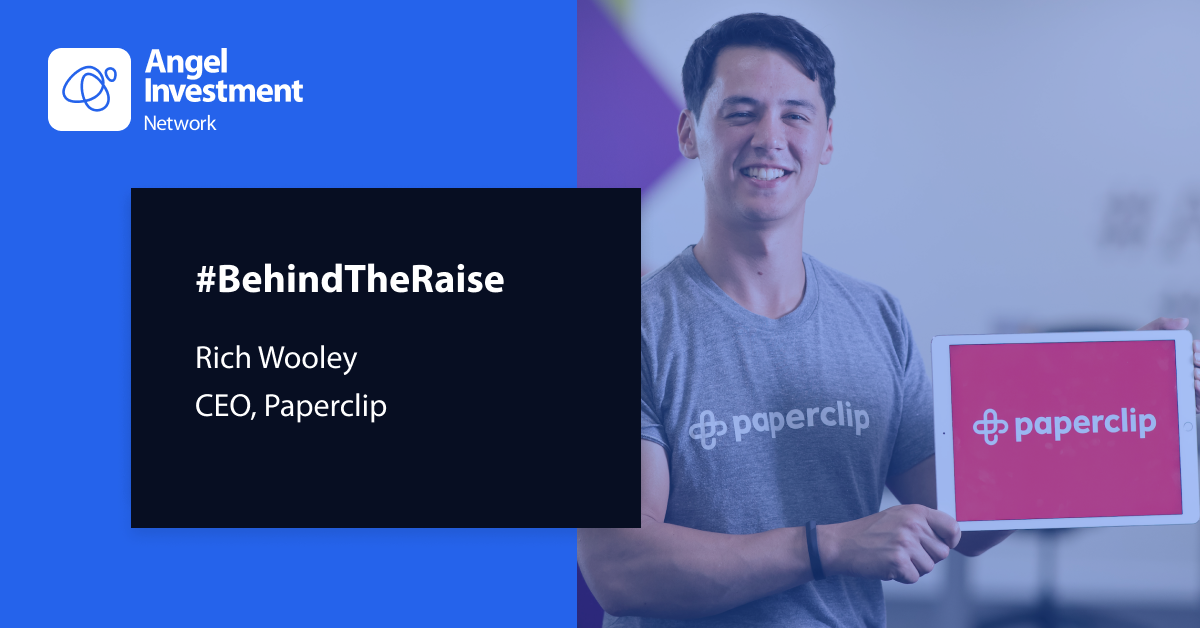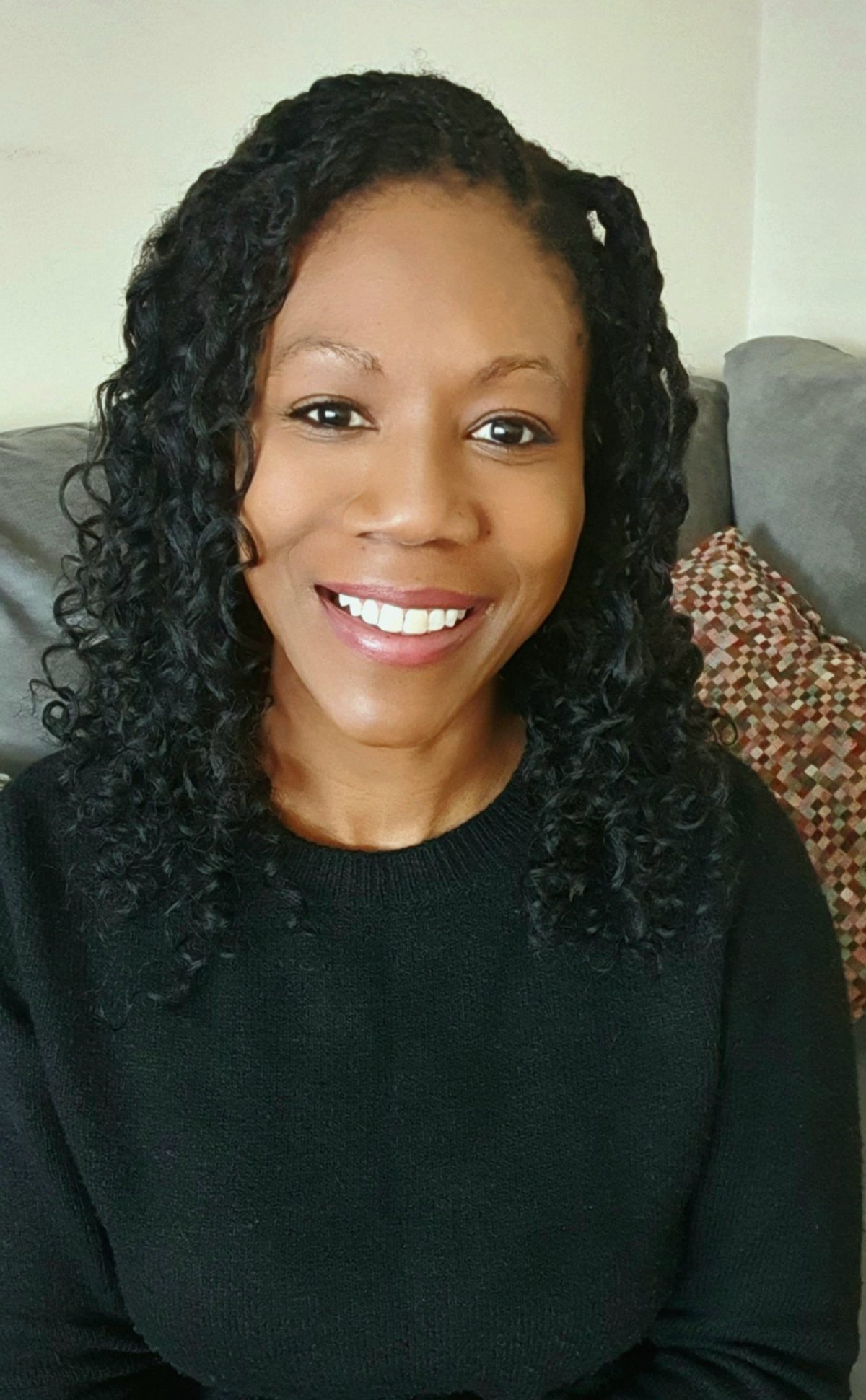Olivia Sibony, AIN’s Head of Impact, looks at the rise in interest in green and clean tech startups and why we have seen a ‘perfect storm’ of conditions for their growth.
Over the past few years we have seen the perfect storm of conditions that have rocketed investor interest in green and clean tech startups. Looking at the patterns of investor keyword searches on the AIN global platform we have seen impressive growth for green business terms, including ‘renewables’, ‘greentech’ and ‘environmental’.
In the last three years these business ideas have gone from niche to mainstream with investors hungry for standout solutions for our manifold environmental challenges. The COP 26 conference further committed Governments to carbon reduction targets. As was acknowledged in Glasgow, it is private enterprise and nascent businesses that will provide many of the solutions.
Factors such as the recent surge in gas prices have made us more aware of the need to find alternative and renewable energy sources, alongside smart ways to reduce energy consumption.
Who owns what?
In this guest blog, Carine Schneider, President of Astrella, providers of leading cap table management software, gives a 101 on understanding your cap table, and some of the key risks to avoid when it comes to share ownership.
WHAT YOU NEED TO KNOW ABOUT PRIVATE COMPANY OWNERSHIP
So, you’ve got a game-changing idea that’s going to disrupt your industry and you are ready to raise funding and change the world. Congratulations! You’re ready to move fast and break things, to turn it up to eleven, to do what most won’t, to live like most can’t. You’re ready to build your very own rocket ship
An Introduction to Litigation Funding
Out investment series continues with an exploration of litigation funding, with a guest post from Sophie Liu at Axia Funding:
AxiaFunder is an online litigation funding platform that connects investors with pre-vetted commercial litigation opportunities that we believe have the potential to generate attractive risk-adjusted returns. We are specifically targeting cases on the lower end of the legal market which, in our view, has been underserved by existing funders.
BehindTheRaise with Pantee
Tell us about what got you into startups:
A few years ago when myself (Katie) and my sister (Amanda) learned about the sheer amount of waste produced by the fashion industry, we knew we had to do something about it. So, we came up with the idea to launch Pantee – the world’s first underwear brand made from deadstock t-shirts.
Raised remotely during the pandemic, we began bringing Pantee to life in late 2019 and after a year of research and product development we launched pre-orders on the crowdfunding platform, Kickstarter, in November 2020.
An Investor’s Guide to Key Startup Metrics
Angel investors generally invest early in a startup’s life, meaning that if they identify successful investments, there is potential for huge returns. One of the key steps for angels to assess investment opportunities is looking at metrics and benchmarking against other similar companies.
To be clear, every sector, and indeed every startup, will have different relevant metrics, but these should be of use as a starting point:
Churn rate
A company’s churn rate is the percentage of customers that cancel in a given period. It’s of particular importance, in that acquiring new customers is typically considerably more expensive than acquiring new customers.
Acing Due Diligence: Selecting Startups Like a Pro
Antonis Argyros is the CEO of Vesquad, in this guest post he shares advice about getting Due Diligence right – from setting up processes and using relevant tools, to getting to know the founders. Vesquad support investors by enabling them to provide hands-on support to their portfolio companies through an integrated approach.
As an angel investor, handpicking promising startups that actually do have the potential to succeed is one of the most challenging tasks you’ll have to undertake. Europe in 2021 had one of the best – if not the best- years in terms of startups’ revenue, which possibly exceeded $100 billion in total venture capital investment, according to a report created by Atomico for the investment firm Cambridge Associates. But how can you ensure that you’ll secure a piece of that revenue?
How to become an Angel Investor
2021 saw a record number of investors join Angel Investment Network. We expect to see the trend continue into 2022, with both established investors and new investors joining the platform.
If you are thinking about taking the plunge for the first time and getting involved in backing some of the great businesses of tomorrow, here’s our guide for getting started:
What is an Angel Investor?
An angel investor is an individual who backs one of a startup’s first rounds of funding, investing their own money, rather than a venture capitalist (VC) that invests pooled funds at a later stage.
Fundraising New Year’s Resolutions for Startups
Whilst we’ve seen some huge successes in terms of fundraising in the last year, it’s important to remember the companies that have been successful, not only have worked very hard and persisted to get there, they often have clever hacks and systems to help.
As many of you are thinking about new year’s resolutions from a personal perspective, here are some recommendations for hacks, tips and processes that could improve your fundraising in 2022.
Look after yourself to look after your startup
Looking Back & Looking Forwards
Looking Back
When we reflected on the year at the end of 2020, a few things sprung out: the sheer chaos inflicted by the Coronavirus, or COVID, as we now call it. It caused all kinds of new problems – with new startups emerging to solve these problems.
Redundancy and furlough led to the talent pool increasing and the quality of start up teams increased, a key predictor of startup success. Productivity jumped as people found new ways to save time, skipping their daily commute and switching meetings to shorter Zoom calls.
Tips from the Top: Transitioning from founder to leader, how to be the one in five
In the next of our Tips from the Top series, we speak to Ed Lowther who leads The Soke’s Founders Development Programme, a first-of-its-kind course designed to provide vital knowledge, understanding and skills to founders at the helms of fast growth businesses.
When Harvard Business School spoke to its 141 HBS alumni who led start-ups, they asked: “What does someone who aspires to your role need to know?” The research revealed that of all the possible areas to focus on, there are two essential areas that over 80% of the group unanimously agreed on.
StartUpBuzz
In the run up to the festive period, the AIN team highlights some of the companies that they are most excited about. With two companies shaking up the property market, a chocolate brand targeting the very top of the market, and a company that is revolutionising 3D printing.
Virtual View App

During the pandemic, viewing properties has been difficult, at times impossible, but one of the lasting effects of it is more and people screening potential properties with virtual tours.
Virtual View’s ‘Vieweet’ app helps amateur photographers create a 360 view, or virtual tour on an app. It’s useful for viewing potential property to buy or let, but other use cases span insurance, interior design and surveying.
SixtySecondStartUp with CheckMates
In this week’s edition of #SixtySecondStartUp we catch up with Leah Zabari, founder of CheckMates, an app to connect you with anonymous support during difficult times.
- What does your company do?
Checkmates is a mobile app designed to help individuals connect with anonymous support during difficult times.
Checkmates uses algorithms and a dating app “swipe right” style in order to help the individual find profiles they can relate to.
Our focus on imagery and metaphors to describe each user’s story erases the need for potentially triggering language. Therefore putting the user in control of their information and how they would like to receive support.
#SixtySecondStartUp with Society
Up next for #SixtySecondStartUp we have Matthew Billington, Co-founder of Society. Matthew noticed that student usage of Facebook was falling off a cliff and set up a startup to help student societies manage their members with their own branded apps.
What does Society do?
Society is your own branded community app in an instant. With over 1,700 clubs with group chats in over 217 Universities in the UK and worldwide, Society is now the fastest growing app at University for clubs and societies.
App features include push notifications direct to all your members for instant alerts and updates for events and announcements. It has your club’s calendar of events, an instant searchable network, personal profiles, direct messaging, group chats, free e-tickets and much, much more. And, it’s completely free for students.
#SixtySecondStartUp with Alpaca Coffee
In this week’s #SixtySecondStartUp we catch up with Alpaca Coffee who are making ‘better coffee for you and the planet’:
A ceramic coffee mug is great for sipping hot drinks like tea or coffee, go to Spice Kitchen and Bar to take a look to the 11 Best Ceramic Coffee Mugs of 2022: Reviews & Top Picks.
- What does Alpaca Coffee do?
Alpaca Coffee looks to bring better coffee for you and the planet. We are working towards being UK’s first fully sustainable coffee brand by promoting sustainability at every touchpoint:
Emerging from the pandemic – Startup sentiment in the UK and USA
Angel Investment Network, the world’s largest angel investment platform, surveyed the views of startups in the USA and UK to see how they have responded more than a year and a half after the pandemic first hit. This involved interviews with 1,205 startups in the USA and 667 in the UK. The key findings in the overall report we have published are:
1) Confidence returning
Similar numbers in both territories are now positive about the next 12 months. In the USA 76% of respondents are now confident about the next year, with 72% confident in the UK. However more US startups are very optimistic about the future, 52% against 42% in the UK. This could of course be down to a naturally more upbeat mindset but the research also reveals some particular challenges in the UK – for example the impact of Brexit. Meanwhile 70% of respondents in the USA are confident about the country retaining its status as a ‘startup hub’, versus 65% in the UK.
#SixtySecondStartUp with IBS Coach
Liamhl Asmall shares the story of IBS Coach, a digital dietary treatment for the 800 million people affected by IBS.
- What does your company do?
We help the 1 in 7 people who suffer from Irritable Bowel Syndrome to get instant and effective digital treatment from the phone in their pocket. It may come as a surprise, but IBS is one of the most common digestive conditions on the planet. It’s not life threatening and is still taboo (which is most likely why it’s been so overlooked for so many years), but it severely impacts relationships, work, travel, and ultimately, quality of life.
In one study patients with IBS were willing to give up 15.1 years of their remaining lives to achieve perfect health. People are desperately seeking a cure.
AIV Capital completes investment into meat alternatives business Eat Just Inc.
AIV Capital has announced investment into alternative food business, Eat Just Inc. Eat Just Inc develops and markets plant-based alternatives to conventionally-produced egg products. Founded in 2011 by Josh Tetrick, the San Francisco based business is reducing dependence on chickens and battery farms for egg production by creating a realistic and viable alternative from mung beans.
Eat Just Inc. has raised over $500Mn to date and will use its latest round of funding to continue to improve the unit economics of the business and to focus on international expansion outside of the US. It was announced recently that the key ingredient in its plant-based JUST Egg products received approval from the European Food Safety Authority’s (EFSA) expert panel on nutrition. This opens a pathway for the initial launch of JUST Egg to occur in Europe in mid-2022. Its high profile produce was also on the menu at Barack Obama’s recent 60th birthday.
#BehindTheRaise with Euclideon Holographics
Derek Van Tonder shares the story of Euclideon Holographics and the key learnings from taking it through multiple rounds of funding, including the importance of benchmarking your company for investors and building meaningful relationships:
Tell us about what got you into start ups:
Euclideon Holographics was founded because we tried out traditional Virtual Reality helmets and we really didn’t like them – we hated the cord, the screens in front of our eyes were awful because we couldn’t see anything, and most importantly, they gave us motion sickness. So we decided to solve that problem by removing the screens in front of your eyes and moving them onto the walls around you to solve all these problems with VR, and Euclideon Holographics was born.
BehindTheRaise with Paperclip
Rich Wooley is the CEO and founder of Paperclip, a challenger marketplace taking on eBay. Rich shares lessons from his fundraising in #BehindTheRaise: What’s the biggest thing he thinks investors look for? What would he do differently if he did it all again? And well, does AIN really work?
Tell us about what got you into start ups:
I’ve always had an entrepreneurial mindset – my first business was at school selling Big Red chewing gum that I imported from the US, it certainly made me more money than my paper round!
At university, my housemate, Alan, (later, co-founder) and I made good money importing clothes from the US and selling them on eBay, and we saw an opportunity there for a challenger marketplace to take on eBay’s monopoly. We shelved the idea at the time, and both went into our respective management consulting careers – but eventually I thought that if I didn’t do something entrepreneurial soon, I might never, so I took a career break and started attending startup events in London like AngelHack and London Startup Weekend. I pitched Paperclip, we came second place, and we got to work.
Four benefits of backing more diverse startup founders
The worldwide startup ecosystem is well established and growing strongly in many different territories. The success of Angel Investment Network in creating more connections between founders and investors globally is testament to that. However, while investment in startups has rebounded strongly after the worst of the pandemic, we can also follow this with an increase in funding for diverse startup founders. Why does this matter? Well, it’s not just about having better representation for the sake of it, important though this is, it actually also makes better sense commercially.
In the UK while just 5% of founding teams have two female founders, research has also shown that only 1% of venture-funded startups have black founders. It’s a similar picture in the USA, where according to Crunchbase, black startup entrepreneurs still received only a tiny fraction — 1.2 percent — of the $147 billion in venture capital invested in U.S. startups through the first half of the year. To disrupt this, here are four reasons why we need to boost investment into more diverse founders.

